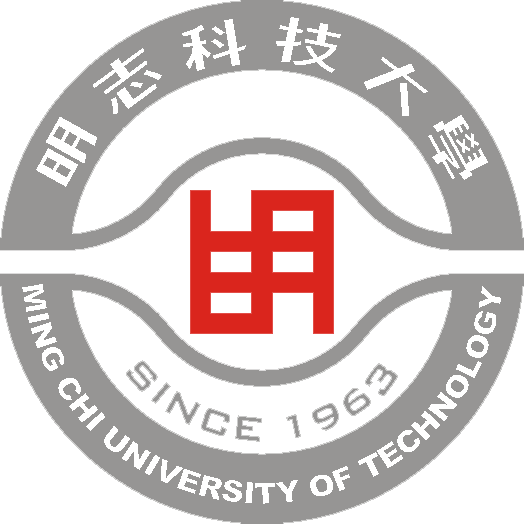Organic Electronics Lab
Research Field
Dr. Meng-Chi Li is currently an Assistant professor of the General Education Center, Ming Chi University of Technology (MCUT).
His current research interests focus on optical interferometric techniques, optical inspection, biosensor, and their integration with new optoelectronic devices.
The establishment of the Organic Electronics Center in January 2015, with the support of the chairman and under the leadership of Professor Liu Shun-Wei from the Department of Electronics, has proven to be a significant step towards enhancing research and development (R&D) and industry-academia collaboration capabilities. Over the years, the center has received 80 million NTD in R&D funds, and this achievement can be attributed to the significant role played by the chairman. Since its inception, the Organic Electronics Center has not only excelled in academic research and publication records but has also made notable strides in practical research and development, gaining recognition from both academia and industry. In 2018, Director Liu Shun-Wei's exceptional contributions were acknowledged when he received the Outstanding Technology Transfer Contribution Award from the Ministry of Science and Technology. Moreover, Professor Liu's receipt of the Wu Ta-You Memorial Award in the same year is a remarkable accomplishment. Director Liu's achievement as a professor from a private university highlights his exceptional capabilities and marks a rare occurrence within the past decade. It underscores his dedication to both industry-academia collaboration and fundamental research, further enhancing the reputation of the Organic Electronics Center. Furthermore, the research team of the center, consisting of nine members, has made significant contributions to the field. They have published over 45 journal papers and successfully completed 18 projects funded by prestigious organizations such as the Ministry of Science and Technology, private industry, the Ministry of Education, and the Ministry of Economic Affairs. The total funding received for these projects amounts to nearly 18 million NTD, with an additional 2 million NTD generated through technology transfers. Furthermore, the research achievements of the center have garnered international recognition, particularly in the Asian region. This recognition has resulted in frequent invitations for Professor Liu Shun-Wei to speak at academic exchange events in the Asia-Pacific region. Through these engagements, international scholars have gradually become familiar with the research potential of our university's Organic Electronics Research Center and have expressed their willingness to pursue cross-border collaborations.
Currently, the center focuses on three major research topics for applied development: weak light power generation, wearable device applications, and medical light sources. These research areas are supported by the center's core facilities, where the research teams conduct their investigations. To ensure progress and coordination, regular discussions are held among the team of professors involved. Furthermore, Professor Liu Shun-Wei, as the director of the center, has attained significant academic influence in the field of organic electronics. In 2016, he achieved a significant milestone by being selected as an Editorial Editor for the esteemed international journal "Scientific Reports." This accomplishment marks him as the first researcher with a background in organic optoelectronics from a technological university in Taiwan to hold such a distinguished position within such a high-level journal.
- Perovskite LEDs
- Perovskite photodetectors
- Perovskite light conversion films
- Optical interferometric inspection
- SERS substrates
6 publication in SCI journal in recent 5 years
Ph.D. in the Department of Optics and Photonics, National Central University, Taiwan
